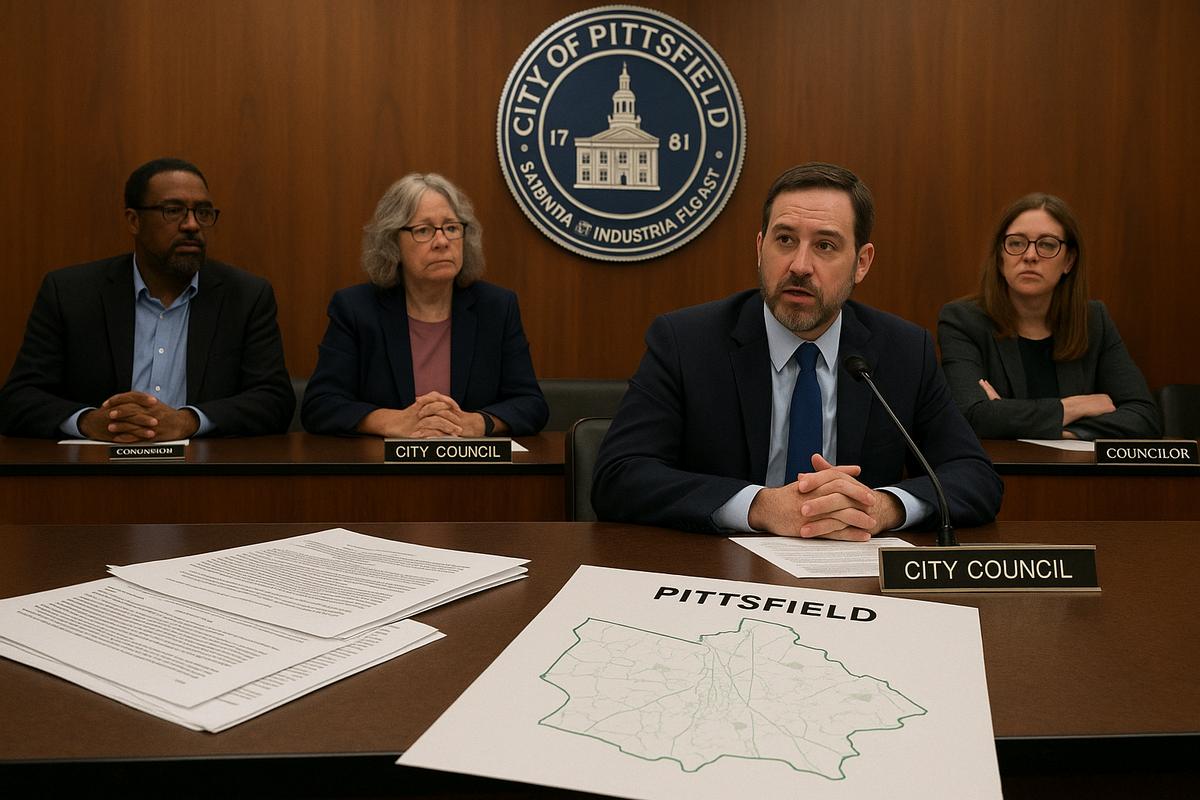Setting the Stage: Pittsfield’s Regulatory Pivot
Imagine opening up your Pittsfield home for summer travelers, only to find the rules of the game changed mid-season. This scenario is unfolding for many local hosts as Pittsfield, Massachusetts moves closer to adopting a comprehensive ordinance to legalize and regulate short-term rentals (STRs)—a patch of ground long tussled over by property owners, would-be investors, and wary neighbors. The recent deliberations of the Ordinance and Rules Committee offer a glimpse into both the city’s aspirations and its anxieties around the sharing economy.
What Are the Proposed Rules?
The working draft of Pittsfield’s new STR rules, as reported in the Berkshire Eagle[^1], contains two particularly consequential provisions:
- Ownership Cap: Limits how many short-term rental units a single operator can legally control. While specifics are still being debated, the direction is clear: no one can amass an unchecked STR empire.
- Rental Day Cap: Sets a ceiling for how many days per year a given unit may be rented out as a short-term rental. This is likely to distinguish between owner-occupied properties (where the host lives on-site) and non-owner-occupied investment properties.
Translation: If you own two investment condos, you might soon need to choose which one takes center stage in the summer—and for how long.
Legal and Policy Rationale—And the Tensions Beneath
These rules are not plucked from thin air. Municipalities across the U.S. are wrestling with the dual imperatives to support tourism and preserve neighborhood character. Here’s why the typical legal justifications matter:
- Limiting negative externalities: Multiple STRs in the hands of a few can fundamentally alter residential blocks—more transient visitors, less community cohesion.
- Housing preservation: Policymakers worry that unchecked STR proliferation could reduce the pool of available long-term rentals or drive up housing costs for locals.
- Leveling the playing field: Rules ensure that both part-time hosts and large investors are subject to similar standards—at least in theory.
Yet, as any city attorney or planning commissioner will tell you, balancing these goals is no simple feat. Too lax, and you risk corporate dominance; too strict, and you undermine legitimate small-scale hosting (and local spending).
Key Takeaways for Hosts and Investors
- Expect More Oversight: If you operate more than one STR property, new restrictions will likely require you to restructure your business model or downsize.
- Seasonal Constraints: For secondary homes, especially ski and summer properties, a cap on rental days could sharply curtail peak season income—and the calculation for potential buyers shifts accordingly. (Our StaySTRa Analyzer can help model these scenarios.)
- Enforcement Is Everything: The effectiveness of these rules will hinge on how the city monitors compliance (think: registration databases, permitting, and complaints hotlines). This is where legal language meets practical reality.
Broader Context—Are These Rules Fair and Effective?
Here the legal commentary becomes a bit more nuanced. Caps on ownership and rental days are blunt policy instruments—easy to understand, but sometimes hard to calibrate. Do they really help local renters, or end up penalizing resident hosts and modest investors? Is a cap of 60, 90, or 120 days the sweet spot—or merely a political compromise?
Judicial trends suggest that, so long as a city can show it acted to advance a legitimate governmental interest and the rules aren’t arbitrarily enforced, courts usually uphold these types of ordinances.[^2] That means, for better or worse, local policymakers have considerable discretion.
Looking Ahead: The Importance of Transparency and Public Input
Pittsfield’s process—public meetings, debate, and visible committee work—is a textbook example of how these rules should take shape. The outcome will reflect not just legal constraints, but the values and priorities of the people who live there.
Residents, hosts, and would-be investors should stay engaged. After all, regulations are ultimately a reflection of community values, so staying informed—and participating in public comment—is essential.
Stay up to date on STR rules and local ordinances by joining our mailing list, the StaySTRa Insider. It’s your best tool for navigating an evolving legal landscape.
[^1]: Cassandra Yany, “Short-term rental rules are taking shape in Pittsfield, including limits on ownership,” Berkshire Eagle, June 2024. https://www.berkshireeagle.com/news/centralberkshires/short-term-rental-rules-take-shape-in-pittsfield/article25c92b22-2ca0-4702-91a9-87846789020d.html
[^2]: See, e.g., Barron v. City of Baltimore, 588 F.Supp.3d 759 (D. Md. 2022) (upholding local STR restrictions as rationally related to legitimate interests).






